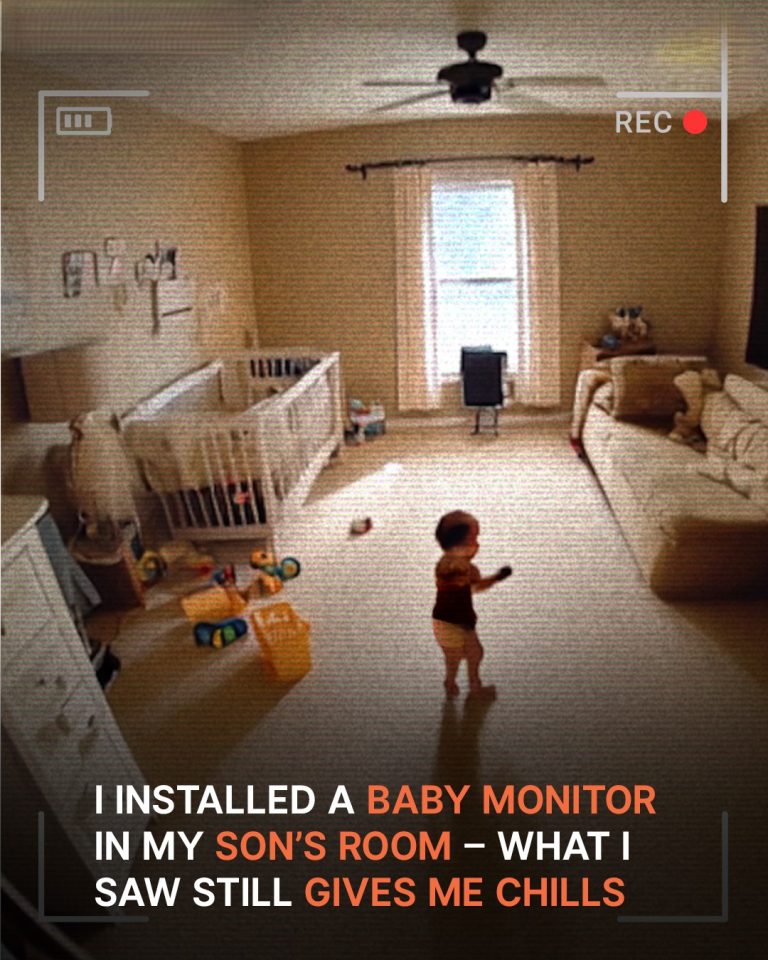Wife and Kids Were Starving While Husband Pampered Himself with Luxuries
When I first met Tom at twenty‑two, he seemed too good to be true—kind, attentive, and utterly devoted. Three months after our whirlwind courtship, we were married, and I believed we would build a happy life together. My grandmother’s warning—“marry in haste, repent at leisure”—echoed in my mind, but I brushed it aside, confident that our love would conquer any obstacle.
Our first apartment was modest, and with both of us earning entry‑level wages, I embraced frugality as a way of life. I clipped coupons, hunted for sales, and planned every meal down to the last cent. Tom praised my thriftiness—until he didn’t. When he received his first promotion two years into our marriage, I dared to hope we’d finally enjoy a little breathing room. Instead, Tom tightened our household budget, insisting we save every extra dollar, especially after I discovered I was pregnant.
When our daughter Angelina arrived, I delighted in her tiny fingers and soft coos, imagining afternoons at the zoo and ice cream treats in matching sundresses. Tom, however, saw only expense. He insisted I quit my job to avoid childcare costs, then allocated me a bare‑bones allowance that barely covered groceries. While Angelina and I subsisted on simple meals, Tom lunched in the company cafeteria and often dined at his mother’s house, preserving our savings for his own comforts.
As Angelina grew, so did her needs. Shoes, school supplies, outgrown clothes—every necessity prompted Tom to tighten the purse strings even further. He took me to thrift stores and demanded I find her outfits for a fraction of their original cost. Meanwhile, he continued to dress in sharp suits, accessorized with an expensive watch that underscored his image as a rising executive. When I challenged him, he’d point to a hypothetical threat of job loss, warning that our future depended on relentless saving.
By the time Angelina started school, I’d had enough. I took a part‑time job at a local restaurant to ensure my daughter’s needs were met, only to learn that Tom’s company was cutting salaries by twenty percent. “Executive decisions,” he told me solemnly, framing the pay cut as yet another reason for my sacrifice. I realized that no matter how hard I worked, I would always be the one asked to tighten our belt.
The turning point came at Christmas. I returned home to find a top‑of‑the‑line QLED television filling our tiny living room. When I questioned the thousands‑of‑dollars purchase, Tom exploded: “It’s my money—I’ll spend it as I please!” His words cut deeper than any blade. I stared at our worn furniture, my own threadbare clothes, and my daughter’s hand‑me‑down toys, and I knew I couldn’t stay in a marriage where our sacrifices were so unevenly shared.
That night, I packed a suitcase for Angelina and me. Tom, engrossed in his new TV, barely looked up as I told him I was leaving and filing for divorce. In the months that followed, I asked my restaurant manager for more hours and poured myself into my work. Before long, I was promoted to manager, and later to director of the restaurant chain. Angelina thrived in new clothes and healthy meals, and our small apartment blossomed into a true home.
A year later, Tom appeared on my doorstep, disheveled and desperate. Unemployed and humbled, he asked for money and a place to stay while he “got back on his feet.” I looked at the man who had once controlled every penny of our lives and realized I owed him nothing. “I earn my own living now,” I told him. “This is my money, and I won’t waste it on someone who never valued our family.” I closed the door and never looked back.
Our experience taught me that financial prudence is healthy, but when it becomes an obsession for control, it destroys trust and happiness. A budget should be a shared plan that balances security with the joy of living. Tom’s relentless pursuit of savings cost him his family—and taught me the power of standing up for myself and my daughter.





